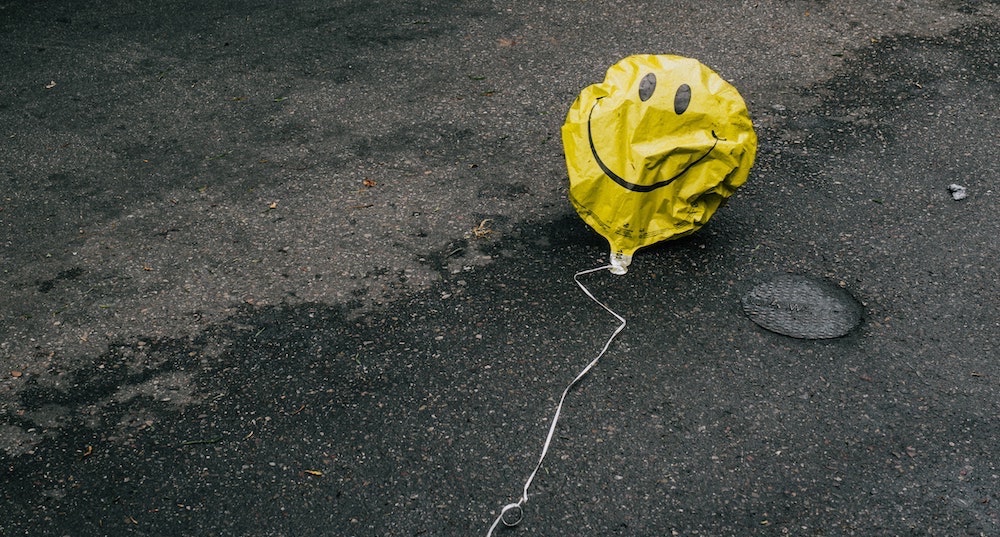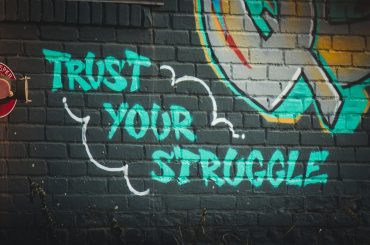How many times have you heard the following from someone when you express your distress or upset?
“You will get over it, just be happy, someone else has it worse, don’t be so negative, you are always so dramatic, lighten up.”
These messages can come from individuals or groups. They can also come from you! In times of distress when we need support, narratives like these can leave us feeling inadequate, weak, shamed and guilty.
The Problem with Perpetual Positivity
We live in a world obsessed with a certain kind of image and lifestyle. We forget that it is perfectly normal and appropriate to have different ranges of emotion. Perpetual positivity can be a form of avoidance, and can lead to a person never addressing issues that must be faced to heal and become properly functional.
Being told to have a positive attitude or outlook can be misleading and counterproductive, unless we come to understand the terms correctly.
I will share with you a very personal example. Just the other day, I was feeling extremely low. I’ve just had major surgery and I’m not the most patient person, nor the kindest to myself that I could be. I was frustrated at not being able to heal as quickly as I think I should be and I cried for an hour.
My internal dialogue was;
“don’t let anyone see you crying,”
“stop feeling sorry for yourself,”
“pull yourself together,”
I caught myself in the middle of my personal attack and realized how cruel and vicious I was being to myself. Then I cried more at hurting myself so deeply. This is toxic positivity at its finest. I was doing to myself what others had done to me in the past – shaming and belittling myself for perceived weakness.
What I could have done was to tell myself I had been through a lot. I need to give myself time to heal and allow myself to feel and react to my trauma appropriately. Crying and feelings of overwhelm are totally appropriate reactions to a traumatic experience. These are not negative responses at all, but perceiving them as such is toxic positivity.
I then realized how, for weeks, I had been avoiding how I was feeling both physically and emotionally. Surgery was extremely traumatic, as is the recovery. I hadn’t given myself a second to connect with myself internally. Constant watching of Netflix and obsessing over the current state of politics was a perfect distraction, so I avoided feeling what was really going on inside.
Hardwired Human Responses
Humans are conditioned to avoid and minimize distress and upset. Many of us were made to feel that any kind of pain, be it physical or emotional, is a sign of extreme weakness and it is an indulgence to succumb to either.
Each of us have a point, or several points, that we can trace back to when we were made to feel that our distress was a weakness, or that other peoples’ distress was more important than our own.
I thought back to my first few days at home after surgery. I was in excruciating pain and I broke down in my partners arms and sobbed my heart out. When I saw how my distress was hurting him, I subconsciously decided that I wouldn’t do that again because I didn’t want to cause him upset. After all, the worry and torment he must be going through over me must be more than he can bear. Though it is important to consider other people, denying my own pain and deciding it wasn’t as important is another form of toxic positivity.
Being positive does not mean denying your emotional distress or minimizing pain, hurt or dysfunction.
Acceptance of limitation is crucial in recovery of all kinds.
In my experience, faking it until you make it comes back to bite you eventually, because there has been a total denial of the deeper issues at hand.
Eventually, we all have to face those issues.
I can trace my issues around being ill back to my childhood when I was four years old. Dealing with chronic ill health since then brings its own trauma and hyper sensitivity. From that age, my internal dialogue has been that as long as everyone else is not hurting, I’ll be okay. My biggest fear is causing others upset. People have been upset over me being ill all my life and I hate it so much. As a result of this deep fear, I have carried shame, guilt and embarrassment around with me forever. I won’t allow myself to be weak or needy – well, not externally anyway.
Clearly, I still have a lot of work to do around my own tendency towards toxic positivity.
Working Towards Diminishing Toxic Positivity
One thing I do know is that being aware of it is the first step. The second step for me is to stop placing emotions into good and bad piles. All emotion is normal and natural. Appropriate emotional response provides healing for us in times of distress and joy for us in better times.
Making boundaries for ourselves regarding how we allow people to narrate our experience is one of the most powerful ways to diminish toxic positivity. We also need to discuss how we narrate those experiences for ourselves.
Remember, your feelings and experiences are valid, and so is your emotional response. No guilt, no shame.







4 Comments
Wow, this piece was fabulous. Thank you so much for writing it! It brought to mind so many things I could relate to and learn from as I move forward in recovery. I will continue to be a work in progress and look for more of your work! Thank you again.
Thank you Dawn.
Thanks I always felt the we feel for a reason it can’t be wrong but somehow I have learned to suppress my feelings till lately I have opened up and allowed my self to feel and you gave me a boost to continue feeling without pretending all is well thanks again
Thank you Jose